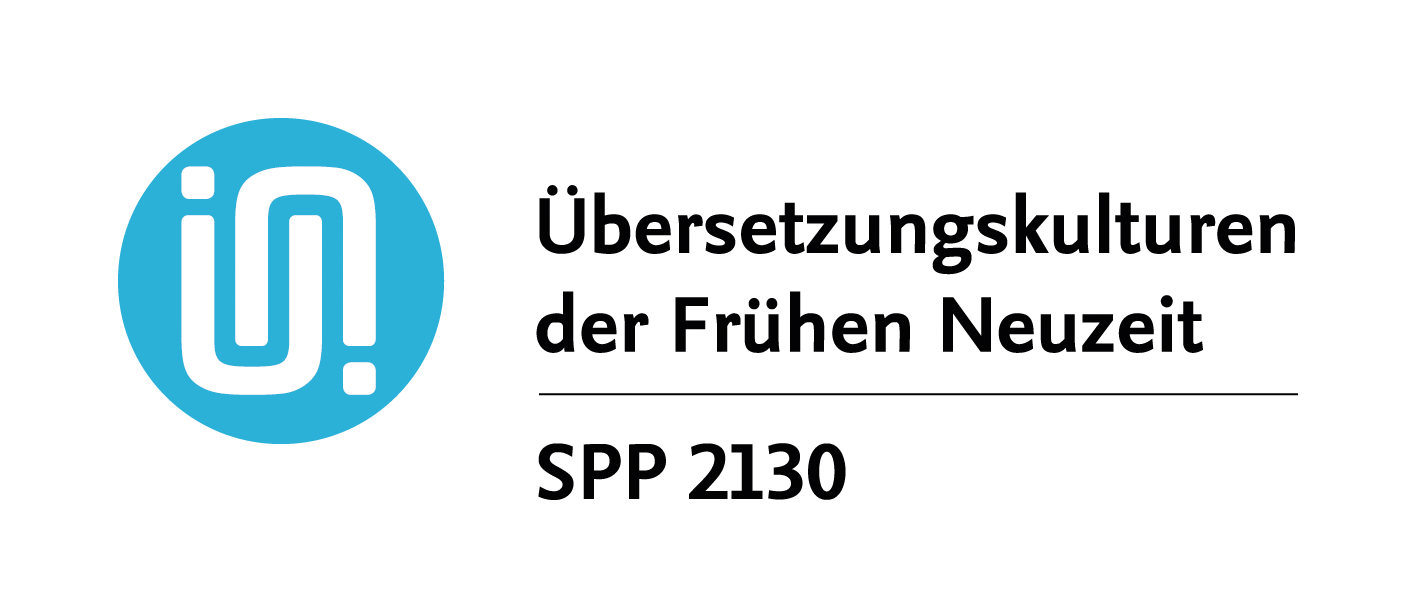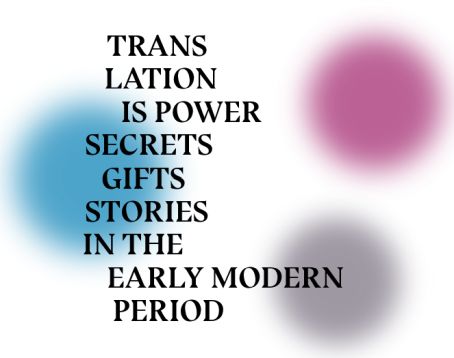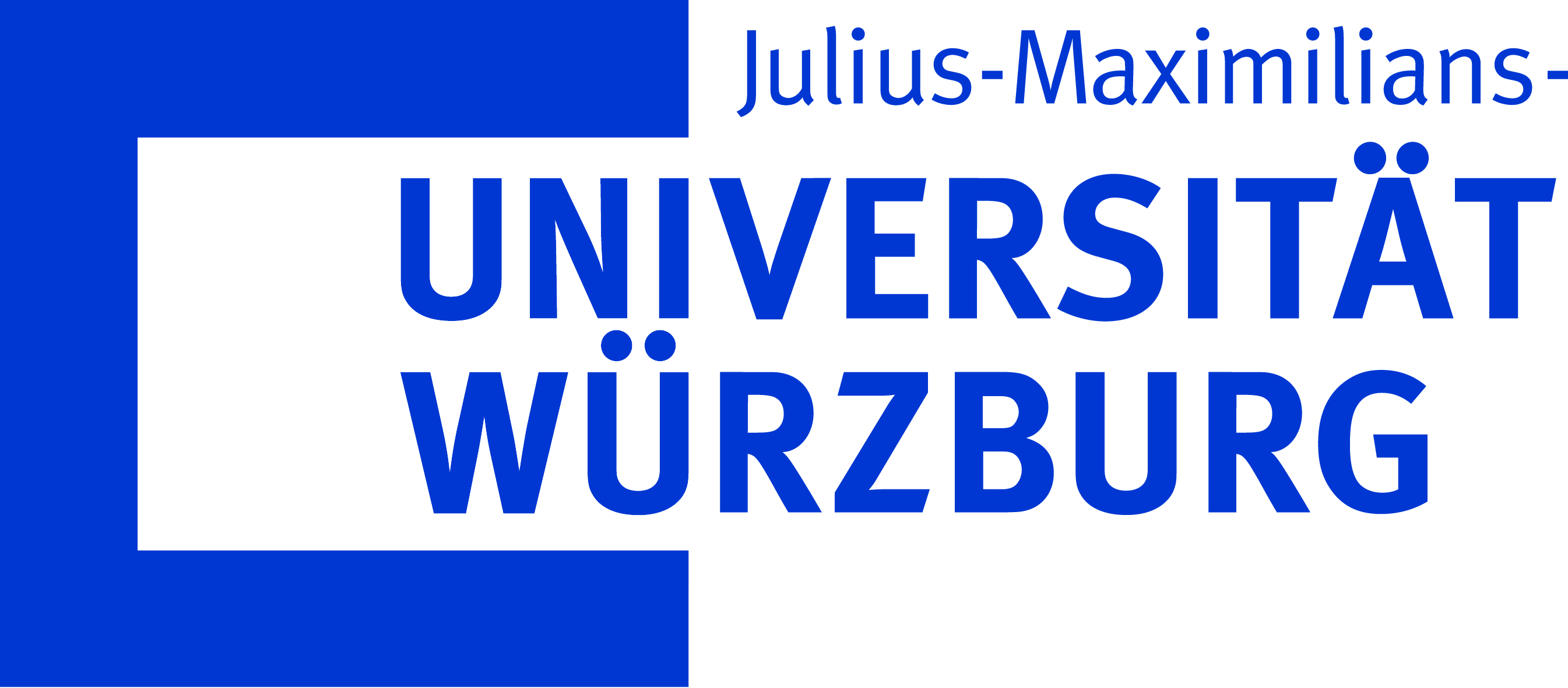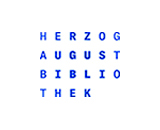Start-up funding projects
Start-up funding
for the development of a project for the second funding phase
Numerous applications were received in response to the call for proposals, from which three projects were selected primarily on the basis of originality, innovativeness and likelihood of funding; the programme committee also looked at how well the topic, discipline and theory or method correspond to the priority programme. The following three junior researchers were supported in the preparation of a DFG project application in the form of a short-term position:
Translatability and Innovation
Sebastian Münster’s Cosmographia (1544) in Translation between Languages, Media and Practices
Maria Avxentevskaya
The project views translation as an intellectual product which is as much determined by its past in the source culture, as it is shaped by its own future in the target culture, and seeks to explain the cultural and epistemic factors of learning through translation. These matters are explored on the example of yet unstudied translational legacy of Sebastian Münster (1489–1552), whose Cosmographia (1544), after going through many editions, became the normative standard for geographical and anthropological accounts and was translated into five languages. Münster’s legacy will be analysed on several levels:
- His comments on Biblical texts in the context of premodern views on translatability
- Translated compilations in Cosmographia from classical authors and contemporary treatises on remote lands, such as Muscovy and India
- How Münster’s publications were themselves translated from German into Latin, English, French, Italian, and Bohemian
- Münster’s contribution to ensuring translatability between narrative descriptions and mathematical projections, and how this affected further scientific translation.
The project aims to reconstruct Münster’s translational legacy as a complex endeavour in the transfer of natural and anthropological knowledge between languages and media, in order to clarify the relationship between translatability and innovation.
Dr Maria Avxentevskaya is a historian of science and is currently working at the Max Planck Institute for the History of Science.
Travel Narratives as ‘Trans-Cultural Translations’
Susanne Knaeble
From the very beginning of literature, travel has been a universal topic of narrations. Yet, the anthropological status of travel simplifies its divergent purposes, motivations and goals. In Early Modern travel narratives, however, a unifying concept can be identified, namely the change of identities through travel itself and its representation within what is depicted. The travel process implies several transformative acts that can be described as ‘trans-cultural translations’. Therefore, the question of the project focuses on the specific epochal meaning of ‘traveling’ in Early Modern Times pursuing the hypothesis that travel narratives especially signify the semiotic and cultural meaning of Early Modern ‘translations’. The aims of the project are:
- to critically discuss the generic term of ‘travel accounts’ and to redefine it on the basis of considerations regarding the ‘translation process’ as conveying an Early Modern concept of ‘erfarung’
- to highlight the key position of the ‘translator’ as a multi-functional mediator between the writing motivation and the target audience
- to centrally implement the concept of mediality in the description of Early Modern travel narratives and
- methodically to assay the application of newer intersectionality concepts in context of dis-course-theoretical questions.
PD Dr Susanne Knaeble is a medieval Germanist and is currently working at the University of Bayreuth.
Translating the ‘Spiritualist’ Movement: A European Transformation
Cecilia Muratori
According to the religious writer Richard Baxter, “Paracelsians, Behmenists, and other Enthusiasts […] purposely hide themselves in self-devised, uncouth, cloudy terms” (A Key for Catholics, 1659). English readers would have found these authors ‘hidden’ behind an additional layer: translations. In the first half of the 17th century, much German ‘spiritualist’ literature was translated into English. Together with works by Böhme and Paracelsus, writings by Sebastian Franck, Hans Denck, and Valentin Weigel, among others, were made available in English translation often by the same publishers and booksellers, thus creating the sense of a line of tradition within German mysticism. The translations of Böhme’s works in particular were so successful that they are still read today in the anglophone world: “Jacob Behmen” became almost an independent figure from the original Jacob Böhme. The project will investigate these translations in their context. It will focus on an aspect that has hardly been explored before: the translators’ strategies in rendering German and Latin vocabulary into English. Its guiding principle is that only by reading the original texts together with the translations can the effect of this cultural and conceptual transition – from the context and language of (post-)Reformation Germany to the debates on religious radicalism in England around the time of the Civil War – be understood. The project begins from these questions: How did the core philosophical theses change through translations? What was the (intended) readership of these translations? How did the political and religious agenda change in the transfer?
Dr Cecilia Muratori is a philosophy historian and is currently working at Queen Mary University in London.




